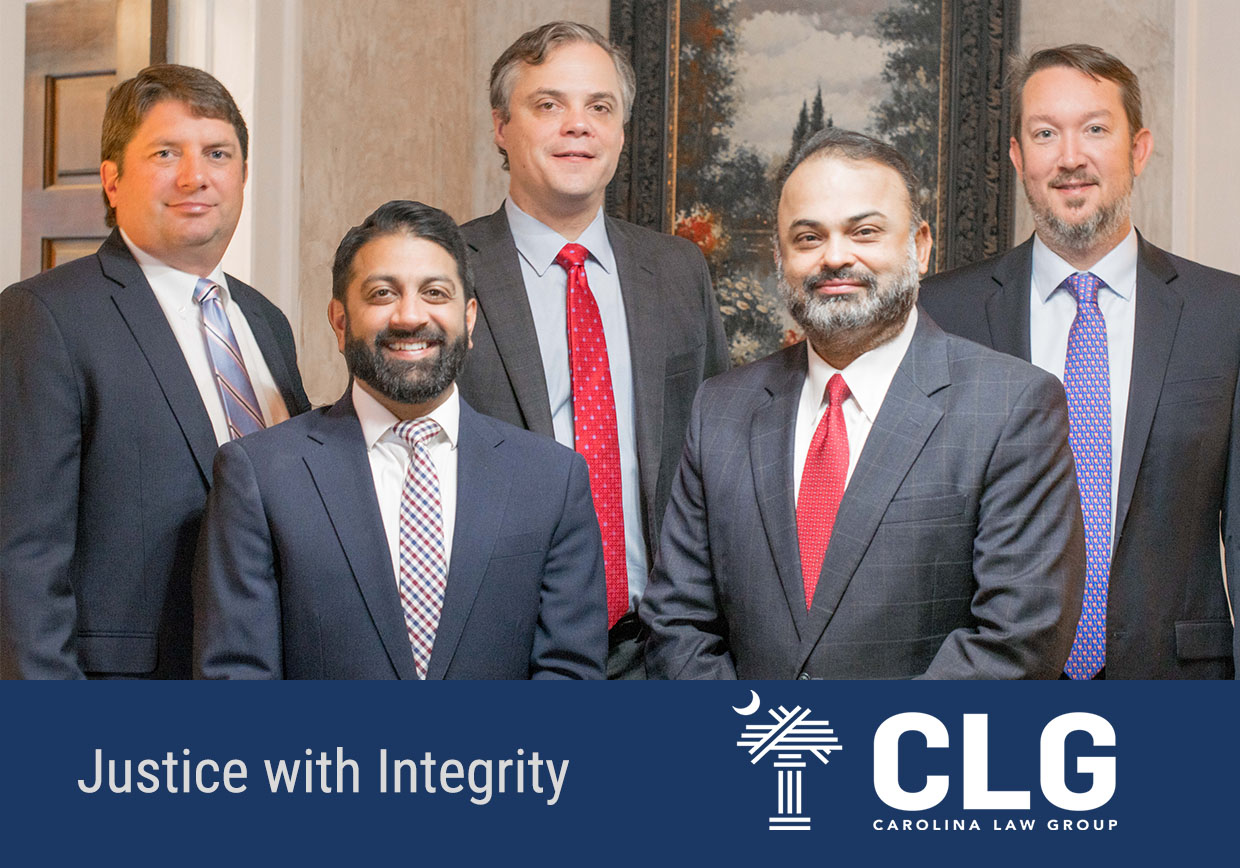

Attorneys Monty D. Desai, Nihar M. Patel, Mitchell K. Byrd, Jr., J. Matthew Whitehead, Hugh Mcangus, and the entire support staff at The Carolina Law Group, share a commitment to put the client first. The client is our number 1 priority. What does this mean? It means you will have your calls answered or returned promptly. It means you will speak with the attorney representing you regularly and be kept informed of the status of your case. It means your case will be given the attention it deserves so you obtain a fair and just result.
We understand how important an experienced and persistent attorney can be when it comes to fighting for your rights, whether you’ve been injured in an accident or on the job. At The Carolina Law Group, we are not afraid to take on big law firms, major corporations, large employers or insurance companies in court to obtain the compensation you are entitled to.
At The Carolina Law Group, we will help you understand both your rights and your legal options. We will fight tirelessly to help you achieve compensation for your medical costs, permanent or temporary disability, lost wages, lost earning potential, pain and suffering, property damages and other losses you have suffered. We strive to do this with passion, persistence, and integrity, while putting your interests first.
Learn more about The Carolina Law Group and our practice areas.
Personal Injury
Have you been injured in an accident that wasn’t your fault or as a result of someone else’s carelessness? Whether you or a love one is a victim of a car, truck or motorcycle accident, nursing home neglect, malpractice, a slip and fall, dog bite, brain injury, or have suffered some other tragic loss, we can help.













